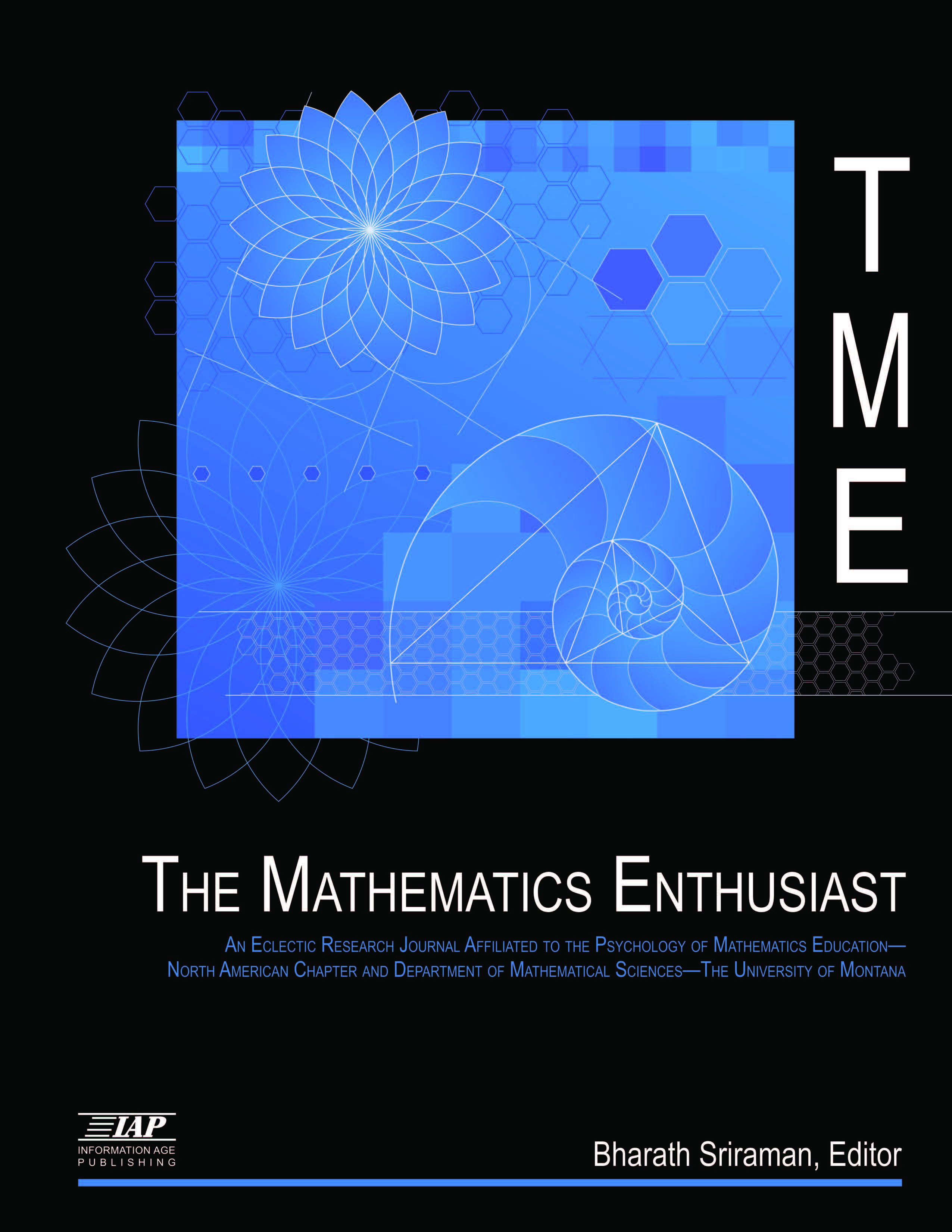
Volume
11
Issue
3
Abstract
The intention of this study was to clarify students’ difficulties in solving context-based mathematics tasks as used in the Programme for International Student Assessment (PISA). The study was carried out with 362 Indonesian ninth- and tenth-grade students. In the study we used 34 released PISA mathematics tasks including three task types: reproduction, connection, and reflection. Students’ difficulties were identified by using Newman’s error categories, which were connected to the modeling process described by Blum and Leiss and to the PISA stages of mathematization, including (1) comprehending a task, (2) transforming the task into a mathematical problem, (3) processing mathematical procedures, and (4) interpreting or encoding the solution in terms of the real situation. Our data analysis revealed that students made most mistakes in the first two stages of the solution process. Out of the total amount of errors 38% of them has to do with understanding the meaning of the context-based tasks. These comprehension errors particularly include the selection of relevant information. In transforming a context-based task into a mathematical problem 42% of the errors were made. Less errors were made in mathematical processing and encoding the answers. These types of errors formed respectively 17% and 3% of the total amount of errors. Our study also revealed a significant relation between the error types and the task types. In reproduction tasks, mostly comprehension errors (37%) and transformation errors (34%) were made. Also in connection tasks students made mostly comprehension errors (41%) and transformation errors (43%). However, in reflection tasks mostly transformation errors (66%) were made. Furthermore, we also found a relation between error types and student performance levels. Low performing students made a higher number of comprehension and transformation errors than high performing students. This finding indicates that low performing students might already get stuck in the early stages of the modeling process and are unable to arrive in the stage of carrying out mathematical procedures when solving a context-based task.
First Page
555
Last Page
584
Recommended Citation
Wijaya, Ariyadi; van den Heuvel-Panhuizen, Marja; Doorman, Michiel; and Robitzsch, Alexander
(2014)
"Difficulties in solving context-based PISA mathematics tasks: An analysis of students’ errors,"
The Mathematics Enthusiast: Vol. 11
:
No.
3
, Article 8.
DOI: https://doi.org/10.54870/1551-3440.1317
Available at:
https://scholarworks.umt.edu/tme/vol11/iss3/8
Digital Object Identifier (DOI)
10.54870/1551-3440.1317
